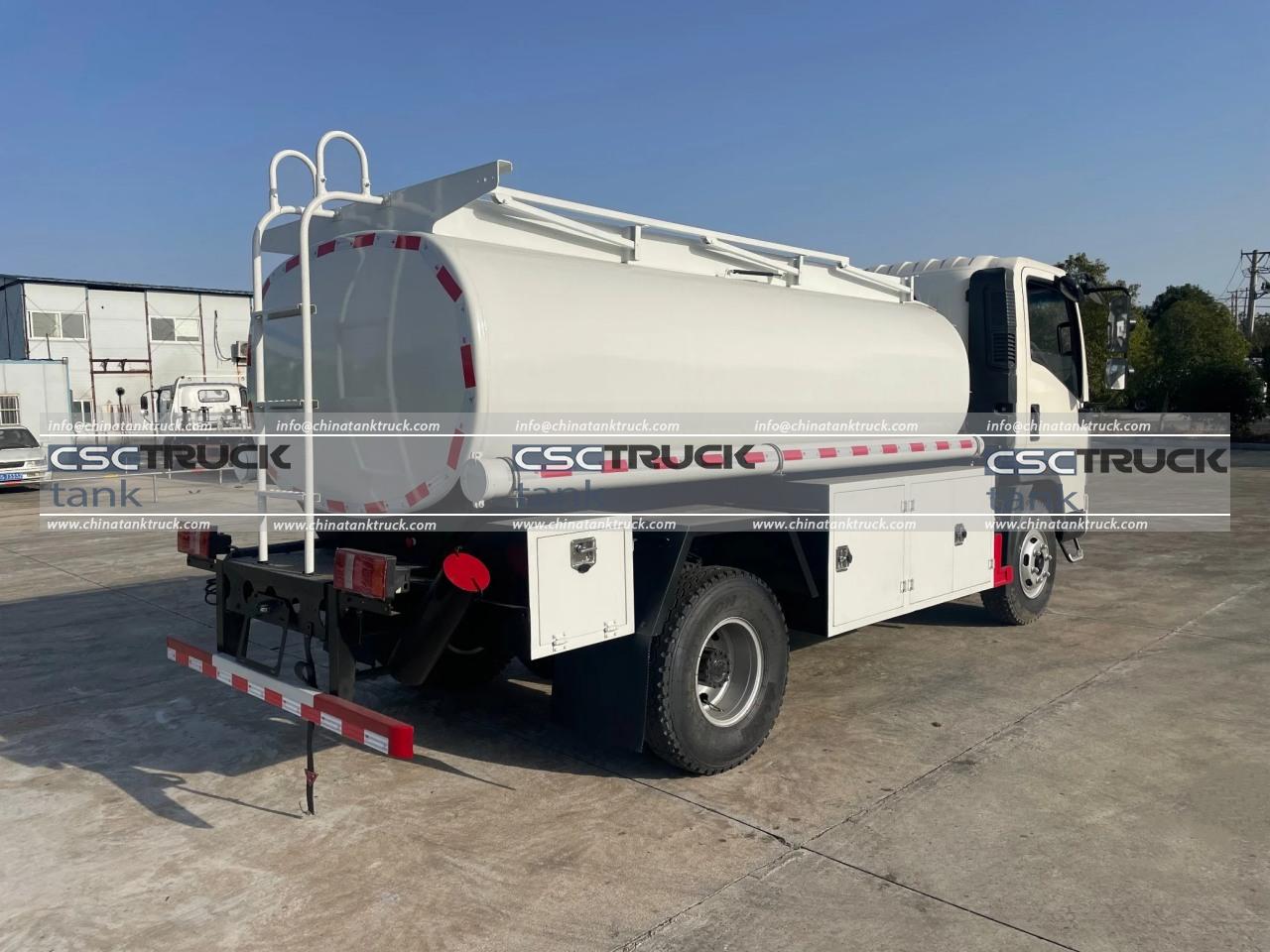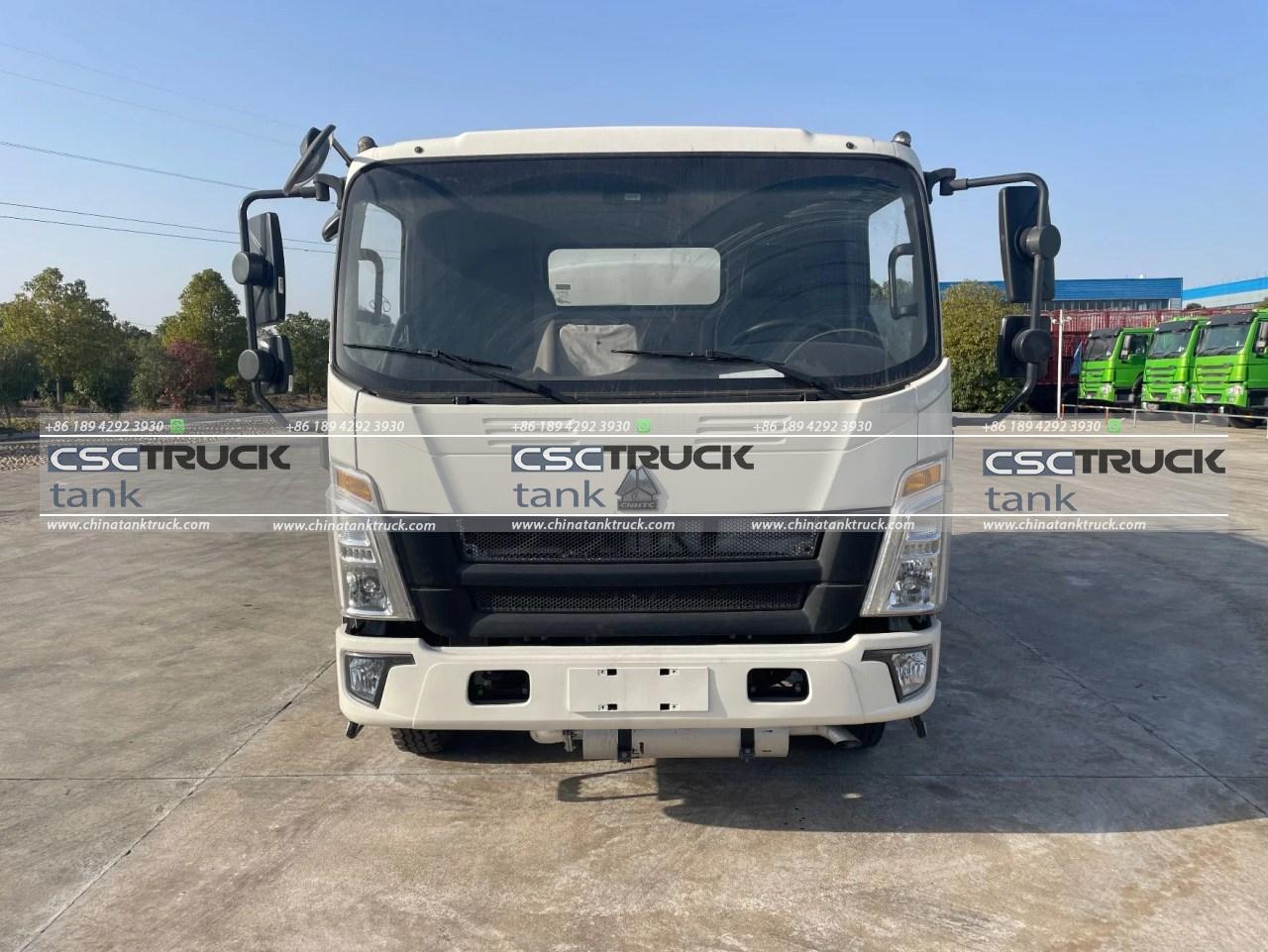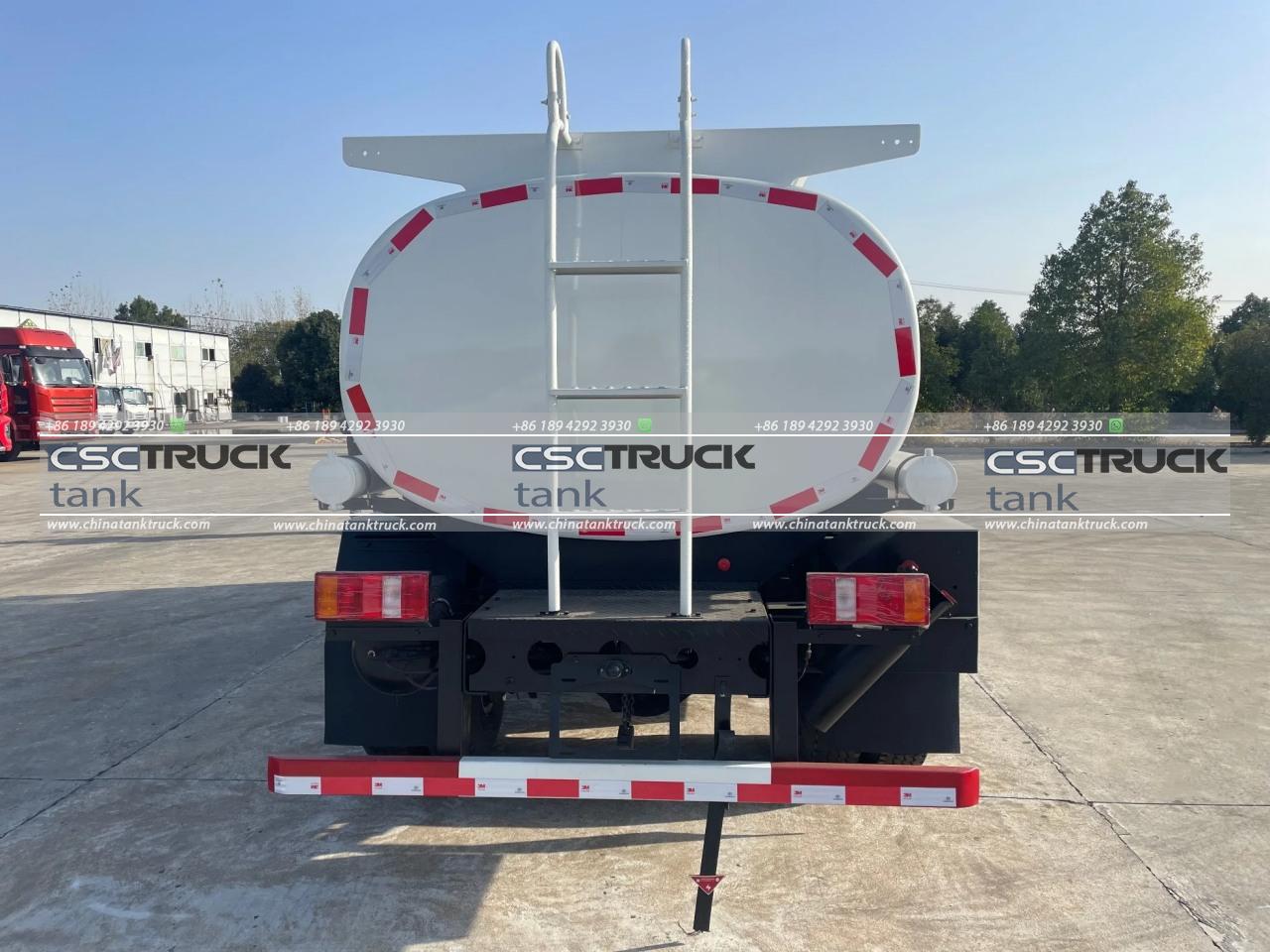Is a Tanker a Truck?
When it comes to vehicles on the road, terminology can sometimes create confusion. Among the various types of vehicles that transport goods, tankers and trucks are commonly mentioned. However, there’s often a debate about whether a tanker should be classified as a truck or something distinct. To answer the question, “Is a tanker a truck?” it’s essential to delve into the definitions and functions of both, explore their similarities and differences, and understand how they fit into the broader category of commercial vehicles.
Understanding Trucks
A truck, broadly defined, is a motor vehicle designed primarily for carrying cargo. Trucks come in various shapes and sizes, from small delivery vans to massive 18-wheelers. The primary characteristic of a truck is its cargo-carrying capacity, and it is engineered to handle significant loads over long distances. The term “truck” encompasses a wide range of vehicles, including pickup trucks, box trucks, and flatbed trucks.
Trucks are typically categorized based on their configuration, payload capacity, and the purpose they serve. For instance, a light-duty truck may refer to a pickup truck used for personal or light commercial purposes, while a heavy-duty truck, such as a semi-truck or a lorry, is used for transporting larger quantities of goods.

What is a Tanker?
A tanker is a specialized vehicle designed to carry liquids or gases. Tankers come in various forms, including tank trucks, tank trailers, and tank ships, each suited to different types of cargo. In the context of road transport, a tank truck is a vehicle with a tank mounted on its chassis. This tank is used to transport liquids such as gasoline, chemicals, milk, or water. The tank’s design is critical, as it must safely contain the liquid and often includes features to control the flow and prevent spills.
Tankers are categorized based on their cargo and the design of their tanks. For instance, a fuel tanker is built to handle flammable liquids, while a milk tanker is designed to maintain the hygiene and temperature of dairy products. Regardless of their specific design, all tankers share the common feature of having a tank as their primary component for transporting liquids.
Tankers and Trucks: The Overlap
The confusion about whether a tanker is a truck stems from the overlap between these categories. Essentially, a tanker can indeed be classified as a truck, but it is a specialized type of truck. Here’s why:
1. Vehicle Classification: A tanker truck fits within the broader category of trucks. It has a truck chassis and is designed to transport cargo. The primary difference is that instead of a flatbed or enclosed cargo space, it has a cylindrical tank designed for liquids.
2. Functionality: Like other trucks, tanker trucks are used for commercial purposes. They are essential in the supply chain for transporting liquids that are critical to various industries, including agriculture, manufacturing, and energy.
3. Design and Engineering: Tanker trucks are engineered with specific requirements to safely transport their cargo. This includes features like reinforced tanks, safety valves, and sometimes even temperature controls. Despite these special features, the core structure and function of a tanker truck align with those of other types of trucks.

Differences from Other Trucks
While a tanker is a truck, it has distinct differences from other types of trucks. These differences arise primarily from the specific requirements of transporting liquid cargo:
1. Tank Design: The most obvious difference is the tank itself. Tank trucks are equipped with a large, cylindrical container mounted on the truck’s chassis. This tank must be designed to handle the weight and pressure of the liquid it carries, as well as to prevent leaks.
2. Loading and Unloading: Tankers often have specialized equipment for loading and unloading their cargo. This can include pumps, hoses, and valves, which are not typically found on other types of trucks.
3. Safety Considerations: The transportation of liquids, especially hazardous materials like fuel or chemicals, involves strict safety regulations. Tanker trucks must adhere to specific safety standards to prevent accidents and spills, which can be more rigorous than those for standard cargo trucks.
4. Cargo Types: While most trucks carry solid goods or general freight, tankers are exclusively designed for liquids and gases. This specialization affects not only the design of the vehicle but also the way it is operated and maintained.
The Role of Tankers in the Transportation Industry
Tanker trucks play a crucial role in various sectors. Their ability to transport liquids efficiently makes them indispensable in many supply chains:
1. Fuel Transportation: Fuel tankers deliver gasoline, diesel, and other fuels to gas stations and industrial facilities. This is critical for keeping vehicles and machinery operational.
2. Chemical Distribution: Tankers are used to transport chemicals used in manufacturing processes, agriculture, and other industries. These chemicals can be hazardous, so the tankers must be designed to handle them safely.
3. Food and Beverage: Milk tankers and other food-grade tankers transport liquids used in the food and beverage industry. These tankers often have special features to ensure hygiene and temperature control.
4. Water Supply: Tankers are also used to transport potable water to areas where it is needed, such as in drought-stricken regions or for emergency supplies.

Conclusion
In summary, a tanker is a type of truck, albeit with a specialized design tailored to the transportation of liquids. While it shares the fundamental characteristics of a truck—such as having a motorized vehicle chassis and being used for commercial transport—it is distinguished by its tank and the specific requirements for safely handling liquid cargo. Understanding this classification helps in appreciating the diverse roles different types of trucks play in the transportation industry and highlights the importance of specialized vehicles in modern logistics.

